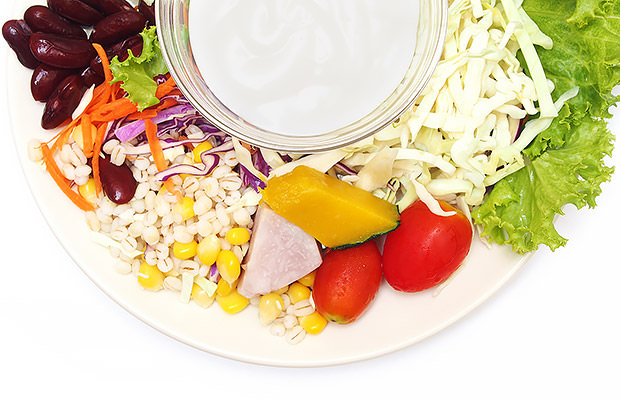
A salad, baked sweet potato, or grilled chicken breast makes a great base for a healthy meal. Ensure that your nutritious meal doesn’t take a turn for the worse by watching out for these things that quickly make healthy food unhealthy.
Loading up on sauces
A drizzle of your favorite condiment is a great way to add flavor to food, but don’t overdo it. Cheese sauces and mayonnaise-based spreads can be high in calories and unhealthy fats. Ketchup, barbecue sauce, and pickle relishes may not pack the same calories, but they can be full of added sugars and sodium. If you prefer saucier foods, opt for lighter options like brown mustard or those that feature fresh vegetables, such as pico de gallo.
Choosing a fat-free dressing
Fat-free salad dressings may be low in calories, but they can reduce the nutritional potential of your salad. Research shows that adding heart-healthy fat to a salad helps the body absorb the valuable fat-soluble vitamins in the vegetables. Skip fat-free dressings and add a drizzle of olive oil with balsamic vinegar or a few slices of avocado.
Too many toppings
Cheese, butter, sour cream, dried fruits, and mayonnaise-based dressings are just a few toppings that cause calories and unhealthy fat to pile up. Sprinkle and drizzle, and try swapping them for healthier options like salsa, fresh herbs, olive oil, Greek yogurt, and fresh fruits.
Ignoring portion sizes
Controlling portion sizes is one of the best ways to enjoy your favorite foods and satisfy cravings without getting off track. One small cookie after dinner will likely only add 100 extra calories to your day, but an extra-large cookie is like eating a fourth meal. A grilled burger at the neighborhood cookout can work into a healthy eating plan, but a ½ pound restaurant burger loaded with toppings can contain a whole day’s worth of calories.
Selecting store-bought
Store-bought sauces, marinades, and seasoning packets often contain added sugars and excess sodium. It only takes a few minutes and a few extra ingredients to make your own.
Passing up plain
Frozen and canned vegetables can be a healthy option, but added flavorings can ruin the nutritional benefits. Some frozen vegetables contain sauces and seasonings that add unhealthy fat and sodium. Canned foods can be high in sodium and sugar. Check to ensure that the vegetables are the only ingredient listed and look for phrases such as “low sodium,” “no salt added,” and “low sugar.” This allows you to season the food to your tastes, often reducing excess calories, fat, sodium, and sugar.



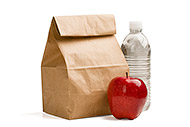 3 Healthy Lunches for Your Work Week
3 Healthy Lunches for Your Work Week
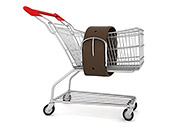 5 Tips for Stretching Your Budget for Healthy Food
5 Tips for Stretching Your Budget for Healthy Food
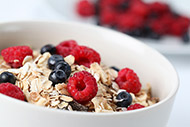 Best Ways to Reduce Added Sugar
Best Ways to Reduce Added Sugar
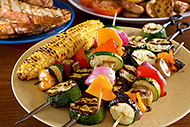 Healthy Tips to Lighten Up Picnic Foods
Healthy Tips to Lighten Up Picnic Foods
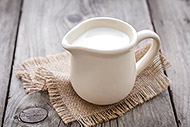 Do You Need to Drink Milk?
Do You Need to Drink Milk?
 Tips to Keep Track of Water Intake
Tips to Keep Track of Water Intake
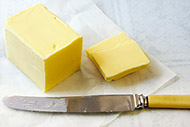 Butter vs. Margarine: What’s the Best Choice?
Butter vs. Margarine: What’s the Best Choice?
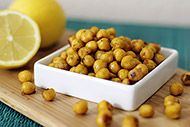 7 Good Mood Foods
7 Good Mood Foods

 Pinterest
Pinterest RSS Feed
RSS Feed